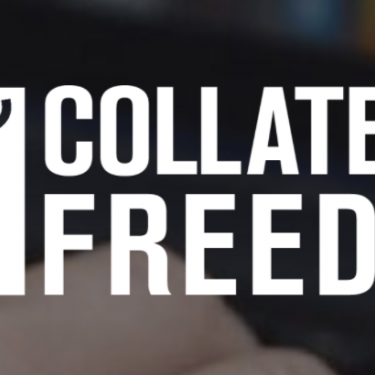RSF creates “mirror” of leading Russian exile news site blocked by Kremlin

Reporters Without Borders (RSF) has used the mirror site technology of its Collateral Freedom operation to unblock access to Meduza, the most popular Russian independent news website, and urges all independent media outlets that are being blocked by Russian censorship to contact RSF so that they can also benefit from this operation.
Читать на русском / Read in Russian
Run by Russian exile journalists in Riga, the Latvian capital, Meduza claims more than 13 million unique visitors per month. It was banished from the Russian Internet on 4 March because its reporting was undermining the Kremlin narrative about the invasion of Ukraine. The Russian authorities had already labelled it a “foreign agent” nearly a year ago, thereby subjecting it to the drastic constraints that this arbitrary status entails. RSF has unblock access to the website and urges medias outlets that are being blocked to contact the organization.
“Without strong action, the Russian Internet will soon complete its transformation into a propaganda network,” RSF secretary-general Christophe Deloire said. “The Kremlin is methodically torpedoing all online media outlets that do not follow its disinformation guidelines. Operation Collateral Freedom makes it possible to counter this effectively and quickly.”
With technical assistance from hackers, ICT specialists and engineers in several European countries, RSF is able to quickly create an exact copy or “mirror” of a censored site and place it on content delivery networks (CDNs) that also host many other services and therefore cannot be easily blocked.
If authoritarian governments directly target the CDNs hosting mirror sites, they suffer the collateral damage of blocking their own access to all of the other services provided by the CDNs, and creating a multitude of other problems that have no impact on the ease with which RSF is a ble to put the sites back online again.
Prevent Russian independent journalism from dying
Vladimir Putin’s hostility to press freedom has reached an unprecedented intensity since the start of the war and the Kremlin now wants to eliminate all media that do not serve up its propaganda. This aggressiveness led to the adoption of a law on 4 March under which journalists refusing to relay the Kremlin’s propaganda can be sentenced to up to 15 years in prison for spreading “fake news.”
That was just the latest blow. Censorship linked to the war in Ukraine began on 27 February, since when one independent media outlet after another has fallen victim. The first victims included Nastoyashchee Vremya, an online television channel run by the Prague-based US broadcaster Radio Free Europe/Radio Liberty. They also included The New Times, an opposition media outlet, and even a student newspaper, Doxa. Subsequently, such leading embodiments of Russian independent journalism as the online TV channel Dozhd and Radio Echo of Moscow have been forced to shut down.
To combat this plan to eradicate press freedom, RSF stands ready to create mirror sites for all censored media outlets and thereby return them to the front line of the resistance to Moscow’s war on information.
Russia is ranked 150th out of 180 countries in RSF's 2021 World Press Freedom Index.



